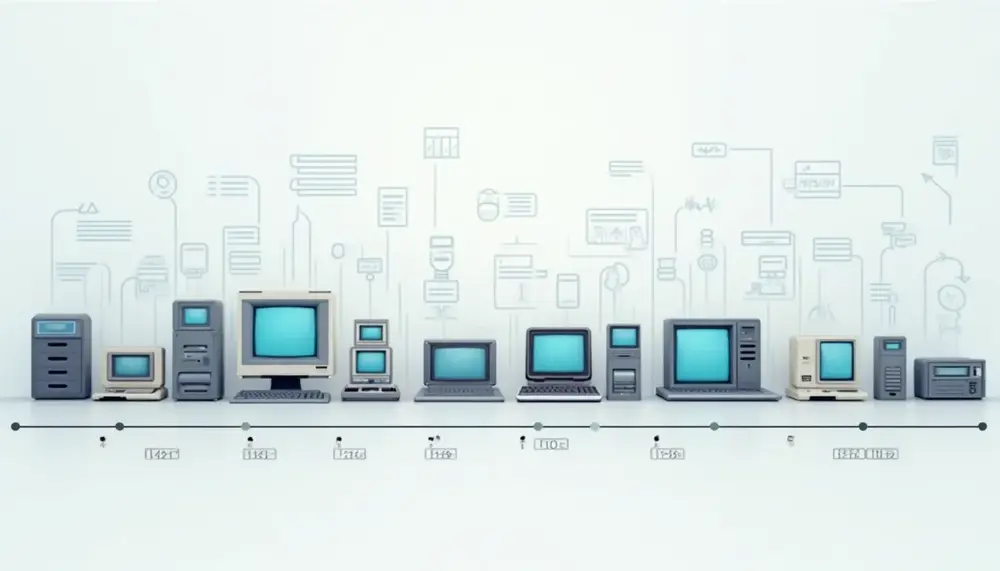Information systems
Information systems
Information Systems in Knowledge Management
Information systems play a crucial role in knowledge management. They help organizations collect, store, and manage data. This data can then be transformed into useful knowledge.
What Are Information Systems?
Information systems are tools that handle the flow of information. They include hardware, software, and networks. These systems help in processing and distributing data within an organization.
Components of Information Systems
There are several key components of information systems:
- Hardware: Physical devices like computers and servers.
- Software: Programs and applications that process data.
- Networks: Connections that allow data to be shared.
- Data: Raw facts and figures that are processed into information.
- People: Users who interact with the system.
How Information Systems Support Knowledge Management
Information systems support knowledge management in many ways. They help in capturing and storing knowledge. They also make it easy to retrieve and share knowledge across the organization.
Examples of Information Systems in Knowledge Management
Examples of information systems used in knowledge management include:
- Document Management Systems: Store and organize documents.
- Content Management Systems: Manage digital content.
- Knowledge Repositories: Centralized databases for storing knowledge.
- Collaboration Tools: Facilitate communication and knowledge sharing.
Benefits of Using Information Systems in Knowledge Management
Using information systems in knowledge management offers many benefits. They improve efficiency and productivity. They also enhance decision-making by providing easy access to knowledge.
Blog Posts with the term: Information systems

The article discusses the importance of efficient information storage and retrieval for better decision-making, productivity, and knowledge sharing. It explores key concepts in data encoding, storage media, organization, backup methods, search algorithms, indexing, query processing, ranking techniques, and presents real-world...

Information Management Systems (IMS) have evolved into dynamic tools that integrate advanced technologies like AI, cloud computing, and IoT to drive data-driven decisions and innovation. These systems enhance collaboration, scalability, and real-time analytics but face challenges such as security concerns,...

Information storage and retrieval are essential for effective data management, with challenges like redundancy, scalability, security, and integrity in storage; while poor indexing, irrelevant results, latency, and fragmentation hinder retrieval. Strategies such as cloud storage, deduplication, tiered storage solutions enhance...

This article provides an in-depth guide on information storage and retrieval, covering key concepts such as data types, storage media, indexing, query processing, and efficient data management. It also includes a free PDF with multiple-choice questions to test your knowledge...

Management Information Systems (MIS) are essential tools that transform raw data into actionable insights, enhancing decision-making, efficiency, and competitive advantage in businesses....

Mastering storage and retrieval procedures is essential for businesses to enhance operational efficiency, data security, and decision-making by organizing information systematically. Understanding encoding methods and employing efficient storage techniques like structured formats, compression, deduplication, tiered storage, cloud solutions, advanced search...

Knowledge Management Officers (KMOs) play a crucial role in the Army by ensuring efficient knowledge flow, fostering collaboration, and integrating actionable insights into decision-making. Their work enhances operational efficiency, strategic planning, and adaptability while addressing challenges like information overload or...

The article explores the theoretical foundations of information management systems, emphasizing their role in structuring and optimizing data processes within organizations. It highlights various theories like Transactive Memory System and Impression Management Theory, discussing their benefits and challenges in enhancing...

Knowledge sharing is vital for organizations, driven by culture and structure that either facilitate or hinder information flow. By fostering open communication, collaboration, and well-defined structures, companies can enhance knowledge exchange leading to innovation and efficiency....

Management Information Systems (MIS) are crucial in modern organizations for transforming data into actionable insights, enhancing communication and decision-making, while ensuring security and integration across platforms....

Management Information Systems (MIS) integrate data, technology, people, and processes to enhance decision-making and organizational efficiency, evolving from manual systems to advanced cloud solutions. Their development reflects technological advancements that have transformed business strategies while presenting challenges like implementation costs...

The article emphasizes designing an effective Information Management System (IMS) syllabus by aligning academic theory with practical applications, using a modular structure to ensure clarity and progression. It highlights the importance of clear objectives, audience-specific tailoring, real-world relevance, and fostering...

Management Information Systems (MIS) combines technology and business, making it valuable for tech entrepreneurs, while Subreddits offer a platform to discuss MIS topics, network globally, and access diverse insights....

The National Accreditation Board for Hospitals and Healthcare Providers (NABH) drives excellence in healthcare by setting patient-centric, safe, and efficient care standards. Its focus on Information Management Systems ensures data accuracy, security, interoperability, and continuous improvement to enhance operational efficiency...
